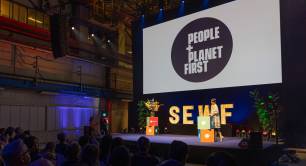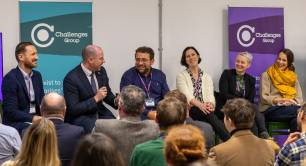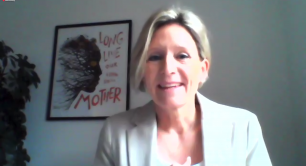Taiwan’s innovation energy fires up Social Enterprise World Forum 2025
As more than 1,000 global delegates gather in Taipei for SEWF25, the island’s social enterprise movement says it’s ready to stand on the world stage, and Ikea Social Entrepreneurship chooses Taiwan as site for its latest accelerator programme.
The “dynamic energy” of Taiwan’s social enterprise ecosystem was invoked by Yeh Chun-hsien, minister of national development in the Taiwanese government, when he officially opened Social Enterprise World Forum 2025 (SEWF25) on Wednesday.
Yeh (below) affirmed the government’s support for developing the social enterprise ecosystem, while calling for delegates to find opportunities for international collaboration to solve social and environmental challenges.
“The government will keep supporting social innovation partners so they can work locally and shine globally,” he said.
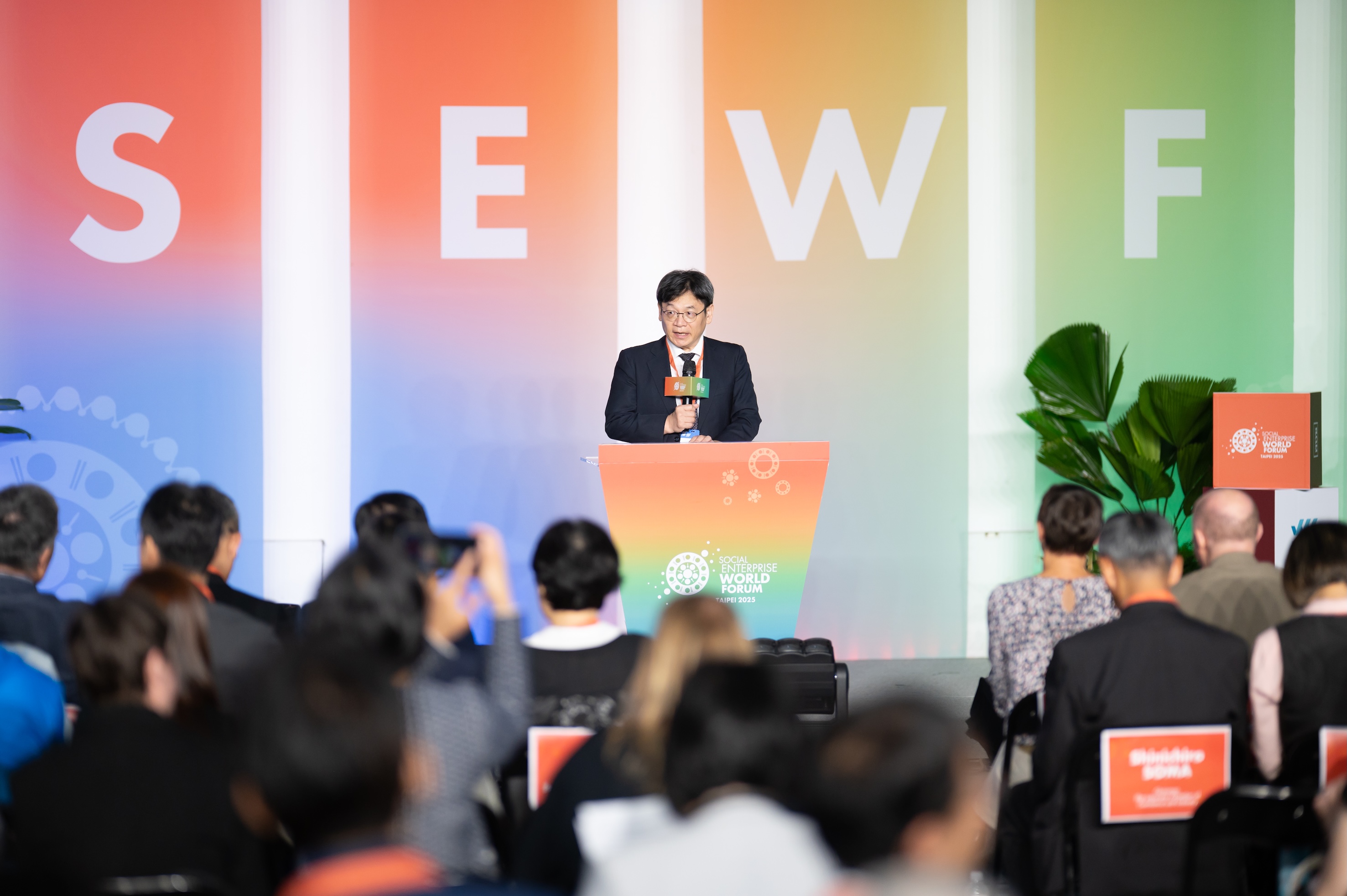
More than 1,000 delegates from 65 countries are attending this week’s Social Enterprise World Forum in Taipei, which claims to be the “world’s largest social enterprise gathering”. Five days of activities saw social enterprise tours in the city on Monday and independently organised fringe events on Tuesday. Wednesday and Thursday were devoted to the full conference, and SEWF25 concludes with more tours on Friday.
Oliver Chang, co-founder of Impact Hub Taipei, the conference co-host, highlighted the connected and inclusive social enterprise ecosystem in Taiwan. He said: “SEWF 2025 represents a moment when Taiwan’s social innovation energy is finally seen by the world…Taiwan is here and Taiwan is ready to lead.”
Ikea Social Entrepreneurship accelerator announced
At one of the fringe events, Taiwan’s social enterprise ecosystem received a further boost when international social enterprise support organisation Ikea Social Entrepreneurship announced it will launch a new accelerator programme in Taiwan.
Ikea Social Entrepreneurship is part of the home furnishing giant Ikea group of businesses. Founded in 2018, it supports social enterprises to become suppliers to Ikea as well as offering practical and financial support, including grants, loans and equity. To date, it has run 11 accelerator programmes. These are tailored to local needs and typically offer grant funding, mentoring from Ikea staff and other experts, training in topics such as leadership and sustainable revenue models, and support to attend networking events.
The Taiwan accelerator programme is a partnership with local support platform Social Enterprise Insights. The partnership will now undergo a consultation period with social enterprises and other stakeholders in Taiwan to co-design it. The aim is to be ready to select participating social enterprises in 2026.
Food and agriculture as a vehicle for impact in Taiwan
Sunny Yi-Han Lin is founder of Social Enterprise Insights, which runs a Mandarin social enterprise news website alongside providing capacity building, consultancy and other support for social enterprises in Taiwan.
Speaking to Pioneers Post on the sidelines of SEWF25, Lin (pictured below left with Åsa Skogström Feldt of Ikea Social Entrepreneurship) explained how the social enterprise ecosystem in Taiwan had evolved from separate initiatives like Social Enterprise Insights (which she founded in 2012), Impact Hub Taipei (co-host of Social Enterprise World Forum, founded in 2015) and B Lab Taiwan, to receiving government support in the form of a Social Enterprise Action Plan in 2014 and subsequent Social Innovation Actions Plans (the latest of which runs from 2023-2026). She highlighted that the movement was now robust enough to attract support from international organisations including Ikea Social Entrepreneurship.
“I think there is a space for Ikea Social Entrepreneurship to provide strategic value. There are lots of social enterprises working in the sector very eager to learn from Ikea about scaling, logistics and processes,” she said.
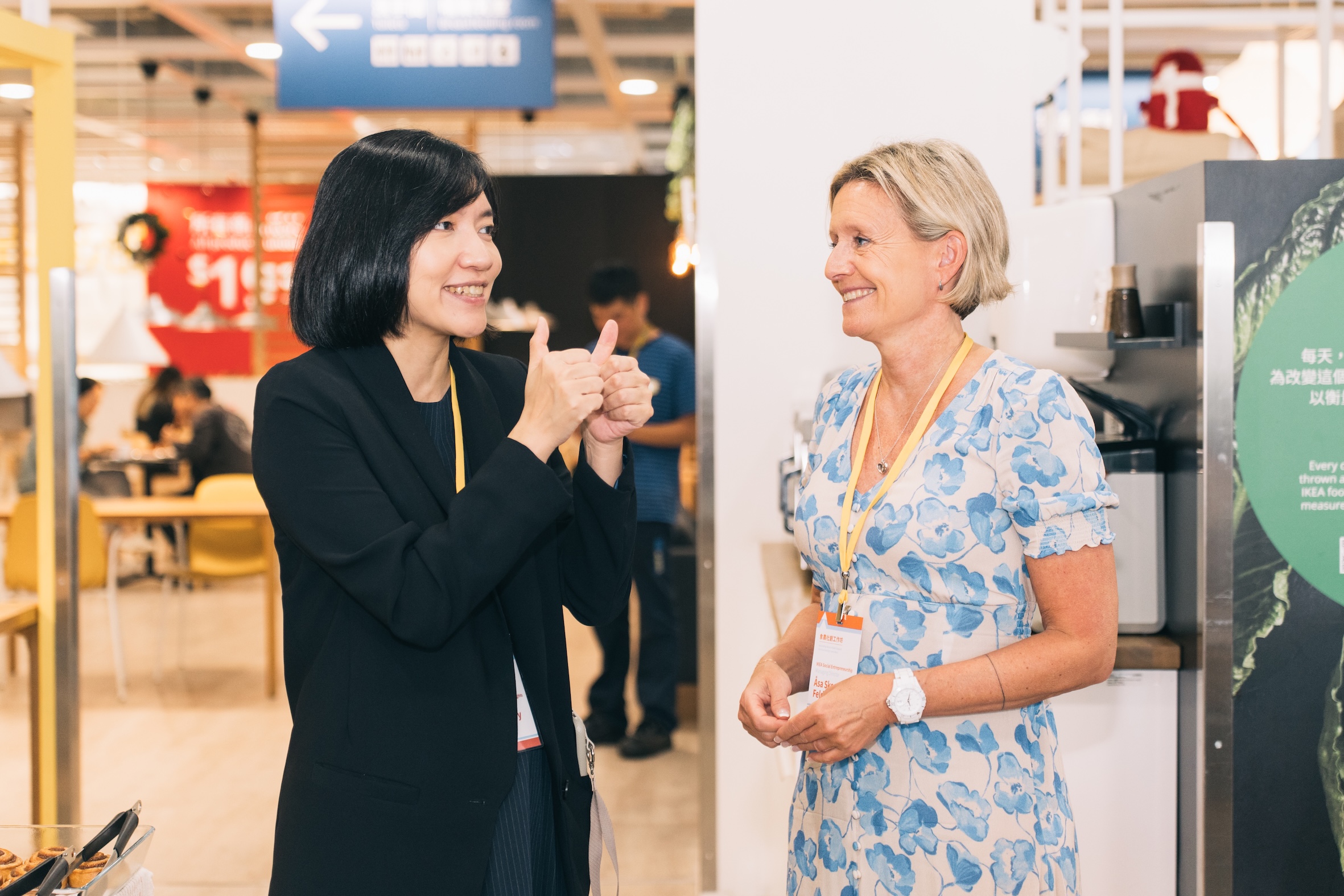
In particular, Lin said she believed social enterprises in Taiwan would benefit from opportunities to gain experience from Ikea Taiwan’s expertise, for example, in retail and logistics.
A priority for the accelerator will be supporting social enterprises working in food and agriculture. Ikea Social Entrepreneurship believes that doing so will enable it to deliver a positive impact for marginalised groups and reduce environmental risks.
That focus would provide urgently needed support in a crucial area, said Lin, as well as raising awareness of social enterprise in Taiwan. She said: “The food and agriculture sector is really related to Taiwanese daily life. We like eating! Lots of Taiwanese consumers get to know social enterprise because they buy products or services from these food and agriculture social enterprises.”
Ikea Social Entrepreneurship’s move into Taiwan was initiated by Ikea Taiwan, which wanted to explore options to support social enterprises in the country beyond selling products in shops.
Åsa Skogström Feldt, managing director of Ikea Social Entrepreneurship, said: “When we support entrepreneurs who are deeply rooted in local issues and connect them with Ikea Social Entrepreneurship’s expertise and network, together we can contribute to real change.” The accelerator will build on Ikea Social Entrepreneurship's experience in south east Asia, where it has to date supported more than 40 social enterprises in Indonesia and Malaysia.
When we support entrepreneurs who are deeply rooted in local issues and connect them with Ikea Social Entrepreneurship’s expertise and network we can contribute to real change
Skogström Feldt explained to Pioneers Post that operating internationally, from Mexico to Indonesia, had emphasised how differently social entrepreneurship was defined and viewed in different countries.
She said: “We had a waiting list from our retailers asking us to create programmes in their countries. We have to make a lot of context analysis of all of this before we even see if it's feasible to start.
“We look at both vulnerabilities and the ecosystem, and who are the actors, to select a local partner. It takes a while, but we really want to do it thoroughly in the beginning and invest a lot of time in that, so we can kick off with full speed ahead.”
From local to global
Ecosystem building is a popular theme at SEWF25, with Malaysian impact accelerator organisation Biji-Biji Initiative hosting a panel discussion on the topic on Wednesday. On Tuesday, as part of the SEWF Fringe, Scottish impact business builder The Ventures Lab hosted an event sharing insights in supporting early stage enterprises looking to work internationally, with the aim of developing international collaboration between social enterprise support networks.
Social Enterprise World Forum chair Helene Malandain (below), also highlighted the theme during the opening addresses. She said: “What is becoming more and more obvious is our reliance on each other to solve crises and how essential it is to come together to mobilise and harness our collective power.”
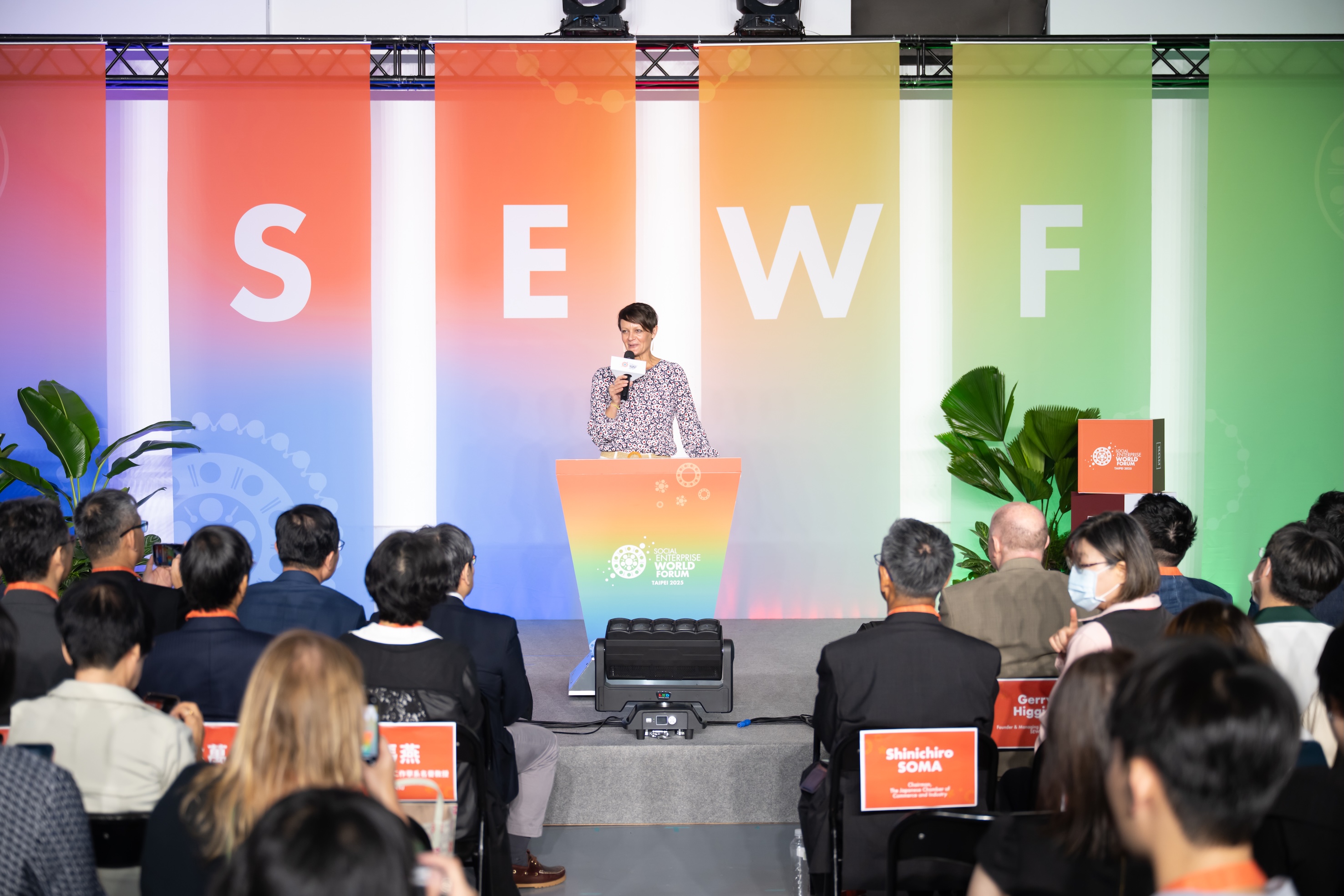
She added: “Our movement, your work, is a really important part of the wider effort that we need to strengthen communities and build resilient ecosystems and to shift our relationship to people and planet for good.”
Eoghan Mackie is CEO of Challenges Group, the Scotland-based international enterprise development organisation behind The Ventures Lab, which is delivered with partners in academia and social investment.
The organisation’s fringe event was attended by approximately 50 delegates from more than 20 countries, and Mackie said the insights they gathered supported Ikea Social Entrepreneurship’s approach of identifying local partners and investing in co-designing programmes, rather than importing off-the-shelf approaches.
He said: “You can’t be an expert in everything. Finding the right organisations to partner with, which excel in specific areas where you don’t have capacity, will create high-quality, collective impact. That approach can be localised or globalised, but will deliver what social entrepreneurs really need.”
Finding the right organisations to partner with, which excel in specific areas where you don’t have capacity, will create high-quality, collective impact
Mackie added that focusing on co-designing programmes to meet the specific needs of social entrepreneurs in distinct settings would lead to more equitable and impactful ecosystems. “You don’t want to import models from elsewhere that double down on existing flaws in power dynamics or processes,” he said.
One of the participants in The Ventures Lab event, Ted Kwan, CEO of Hong Kong social enterprise support organisation Fullness Social Enterprises Society, described the ecosystem in Hong Kong as “fragmented”, but felt SEWF25 was providing examples of how to foster more collaboration.
He said: “There are a lot of things that I need to go back to Hong Kong and discuss with my colleagues. There's no Impact Hub in Hong Kong, so we wondered whether we should approach Impact Hub Taipei and see in detail how Hong Kong can form an Impact Hub.”
Kwan said the integration of universities into The Ventures Lab was an approach he would like to replicate. “Right now, we only have project-based collaboration with universities. It’s all one off. There is a lack of depth and long-term cooperation,” he said.
Header image: The partnership between Ikea Social Entrepreneurship and Social Enterprise Insights is launched at the Ikea Neihu store
Pioneers Post is a media partner to the Social Enterprise World Forum 2025
| Ready to invest in independent, solutions-based journalism?
Our paying members get unrestricted access to all our content, while helping to sustain our journalism. Plus, we’re an independently owned social enterprise, so joining our mission means you’re investing in the social economy. |


